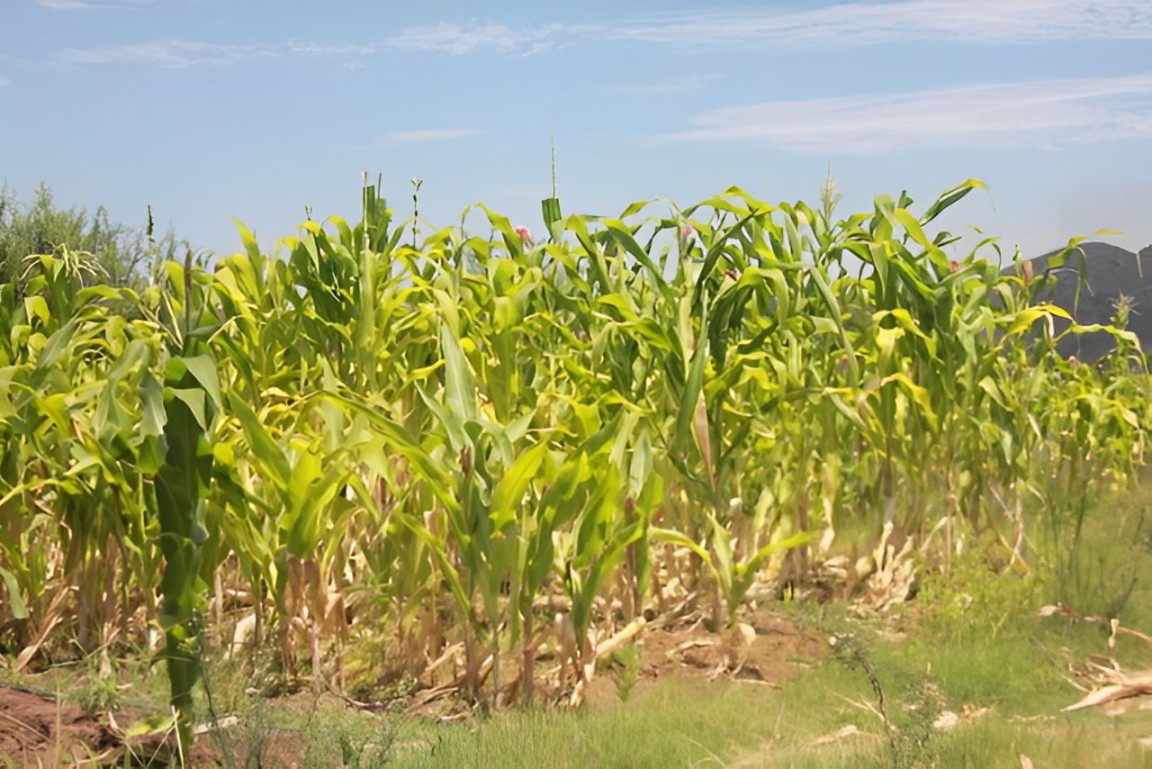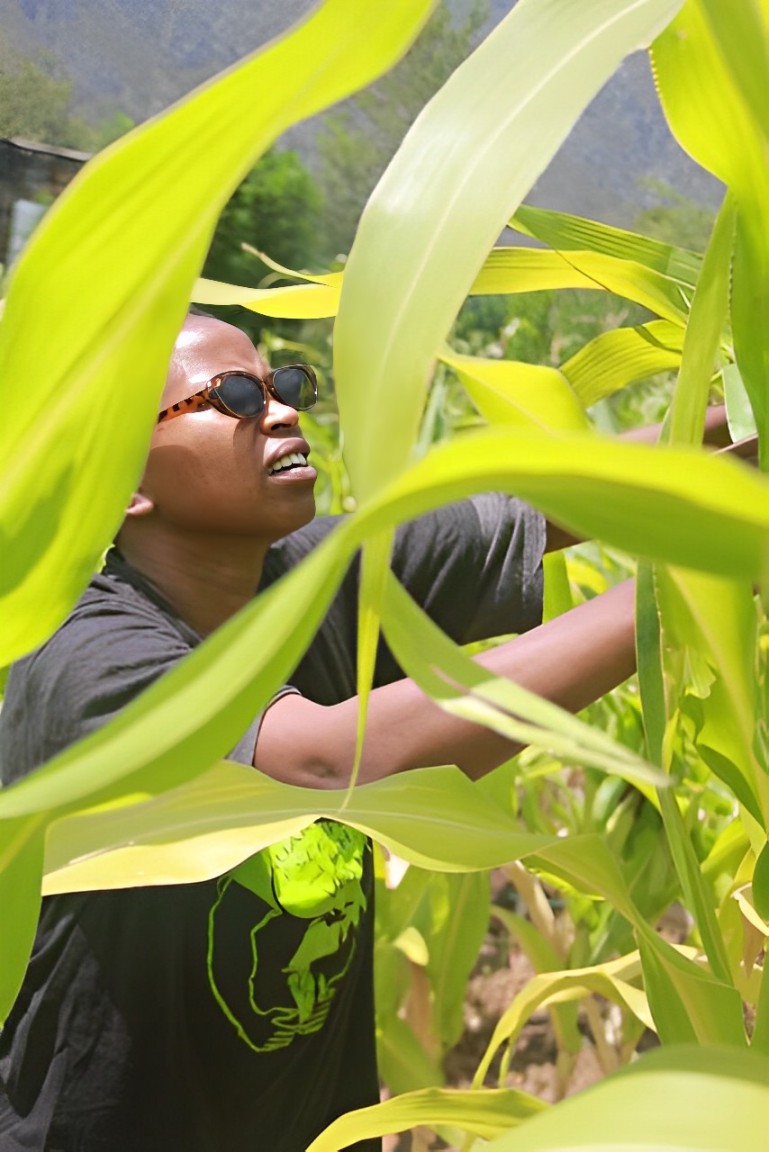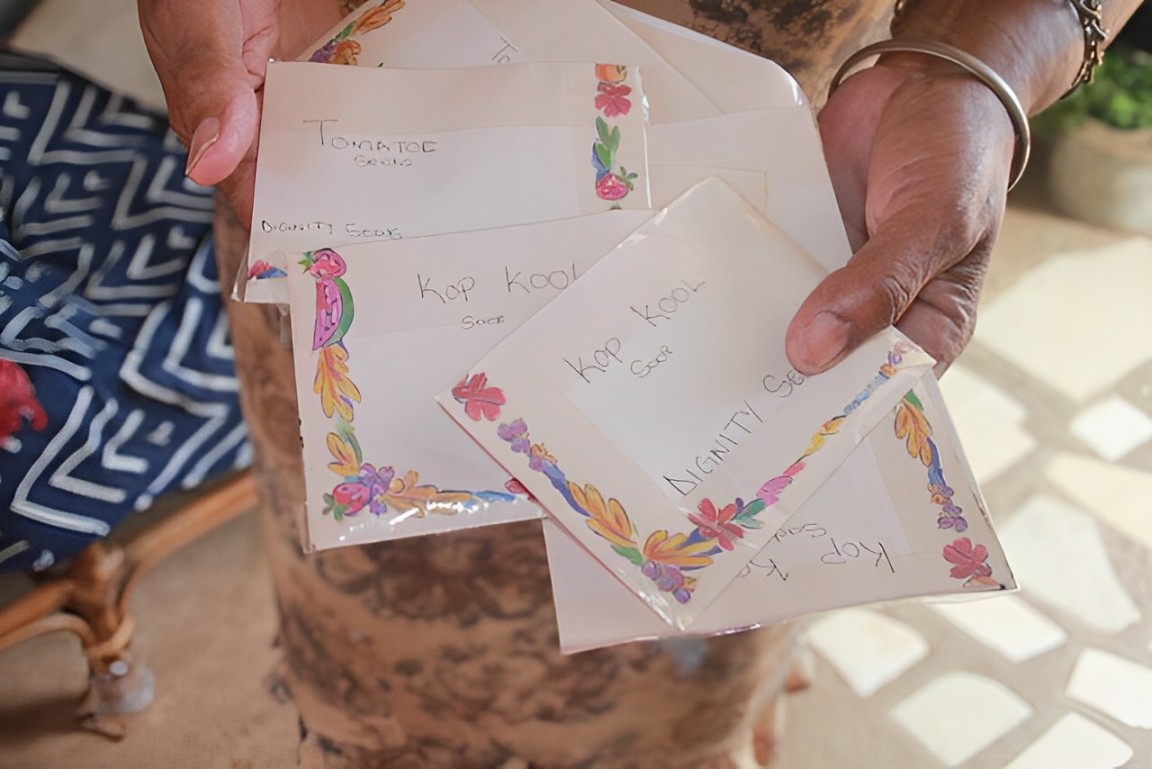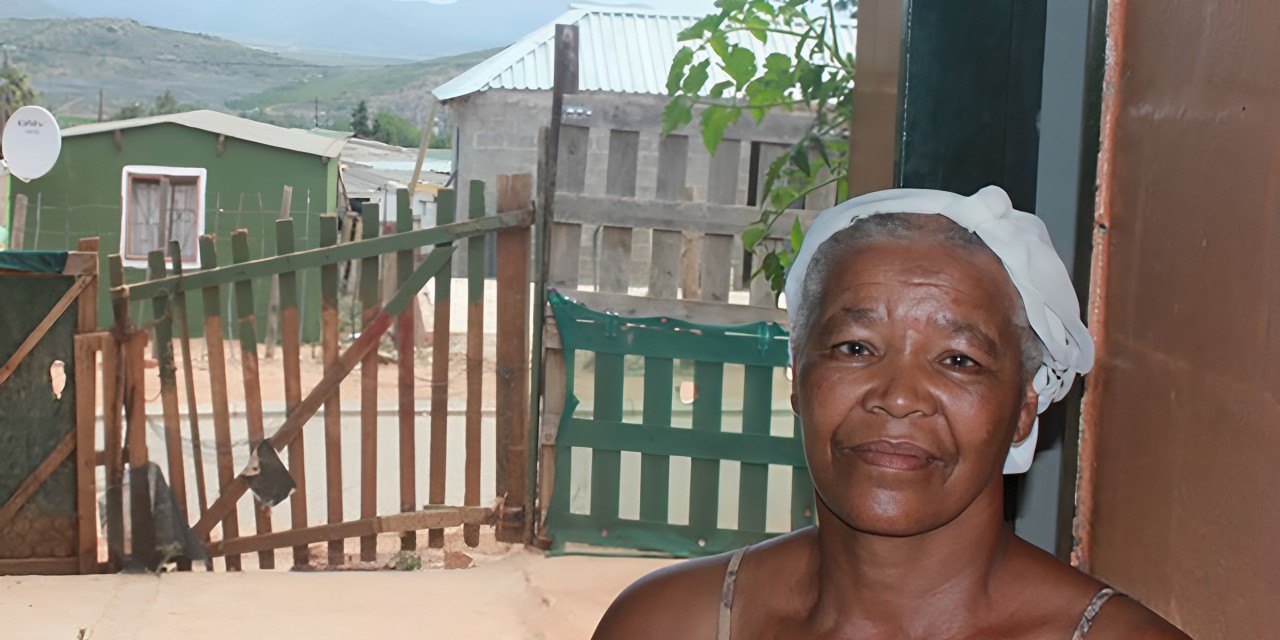The United Nations defines extreme poverty as “a condition characterised by severe deprivation of basic human needs, including food, safe drinking water, sanitation facilities, health, shelter, education and information”.
Globally, the majority of the extremely poor live in rural areas. A 2022 University of Johannesburg study, “Determinants of Subjective Poverty in Rural and Urban Areas of South Africa”, points to statistics which “suggest that rural areas exhibit high poverty headcount ratio in the region of about 81.3% compared to urban areas where it is hovering at 40%”.
While payscale.com shows the daily minimum wage of farmworkers in South Africa to be R21.18, farmworkers in Robertson in the Western Cape told Daily Maverick that some farmers pay less.
Deneco Dube, the joint general secretary of the Commercial, Stevedoring, Agricultural and Allied Workers Union, said that while the union has its main base in the Western Cape, farmworkers’ issues are national. “We’re in the Kannaland region, we are in the Overberg … Langeberg, Breede River … and we are as far as Vredendal. We are also moving now into the Eastern Cape, the Free State and the Northern Cape.”
He said while it is difficult to organise in the agricultural sector, there is a dire need for structures that support farmworkers. “We are currently working with a local organisation on the ground in Botshabelo … in the Eastern Cape, we also have a comrade and in the Northern Cape.
 Dube Deneco at the Commercial, Stevedoring, Agricultural and Allied Workers Union office in Robertson, Western Cape. (Photo: An Wentzel)
Dube Deneco at the Commercial, Stevedoring, Agricultural and Allied Workers Union office in Robertson, Western Cape. (Photo: An Wentzel)
“If we start with work conditions, we have such beautiful laws on occupational health and safety but you will find that on most of the farms the farmers are not applying the Occupational Health and Safety Act.”
He said the Department of Labour lacked the resources to ensure compliance with the Act. Daily Maverick approached the department for comment, but it had not responded by the time of publication.
Dube said the union was kept busy helping dismissed workers. “Workers come to this office and they complain that they haven’t been paid or they’ve been dismissed or they haven’t been paid their annual leave or they got sick at work and haven’t been paid. Sometimes the farmers cut their water and electricity.”
He said these issues and low wages left farmworkers struggling to put food on the table.
The fight against hunger is ongoing in South Africa, but there are fewer resources in the rural areas. In December, the NGO SA Harvest said while it was difficult to gauge the exact numbers of South Africans who go to sleep hungry every night, “by extrapolating from various statistical resources, players in the food-rescue industry generally agree that it is around 30% of our population”.
Protest at Parliament
Denia Jansen was one of the protesters at Parliament in Cape Town last week. She is employed by the Trust for Community Outreach and Education (TCOE), which on Friday said Finance Minister Enoch Godongwana’s budget showed “how the governing party has abandoned a pro-poor people-centred land and agrarian reform agenda in favour of land reform driven by the interests of industrial agriculture”.
TCOE said, “The grabbing of agricultural land by multinationals such as mining companies and other extractive industries exacerbated hunger and malnutrition as people have less access to land to grow food.”
 Maize growing in a Zolani guerilla garden. (Photo: An Wentzel)
Maize growing in a Zolani guerilla garden. (Photo: An Wentzel)
Jansen works on the programmes of the Rural Women’s Assembly (RWA) around issues of landlessness and food sovereignty and access in the communities of Robertson, Ashton, Zolani, Montagu and McGregor.
The TCOE and the RWA have long been calling for the government to support a “one woman, one hectare” programme to help rural women, who are overwhelmingly at the forefront of hunger.
Jansen notes that in urban and peri-urban areas there are more resources to assist people in need, while rural areas have few community support structures, most of them under-resourced.
“Where I live in McGregor there is one soup kitchen and it is only open once a week — and not the entire community, it just serves one area.”
“This is why we support gardens … when you give people a seed they often keep it but when you give people a seedling they will plant it immediately and grow food from it.”
Her organisation supports guerrilla gardens and seed savers. The Cambridge Dictionary describes guerrilla gardening as “The activity of growing plants without permission on land that belongs to someone else.”
Daily Maverick first met Sheriff Ramoabi in October last year. This month we saw her at work — a fierce young woman who brings to mind the cliché that “dynamite comes in small packages” — short and lean, she is focused, mindful, strategic and busy.
Ramoabi is most often found working in a guerrilla garden in Zolani near Robertson. The garden is a few years old and Ramoabi says they have been unable to find the owner to get a lease or permission to farm there. They grow cabbage, maize, a variety of herbs and a few fruit trees.
 Sherriff Ramoabi tends to the guerilla garden in Zolani, which helps the community by teaching them to farm and providing seedlings and produce. (Photo: An Wentzel)
Sherriff Ramoabi tends to the guerilla garden in Zolani, which helps the community by teaching them to farm and providing seedlings and produce. (Photo: An Wentzel)
Elsie Sauls is a seed saver — or seed guardian — an integral part of maintaining food systems in especially poor, rural communities. She not only looks after seeds and makes them available for her community, she is also a food producer and holder of local knowledge.
The 63-year-old has been a member of a southern African network of seed savers for more than a decade. Besides teaching people how to start and manage small gardens, she hands out seeds which she has harvested and saved.
 Elsie Sauls shows some of the seeds she saves and distributes in Zolani. (Photo: An Wentzel)
Elsie Sauls shows some of the seeds she saves and distributes in Zolani. (Photo: An Wentzel)
Jansen says her organisation will continue to support people like Sauls and Ramoabi.
“It’s about the small food systems we have in the community. We support food gardens and guerrilla gardens, not only in giving people seedlings but also to give training in agro-ecology and how to preserve and save seeds. We need to sustain existing gardens and ensure that we also start new ones.” DM




 Elsie Sauls shows some of the seeds she saves and distributes in Zolani. (Photo: An Wentzel)
Elsie Sauls shows some of the seeds she saves and distributes in Zolani. (Photo: An Wentzel)